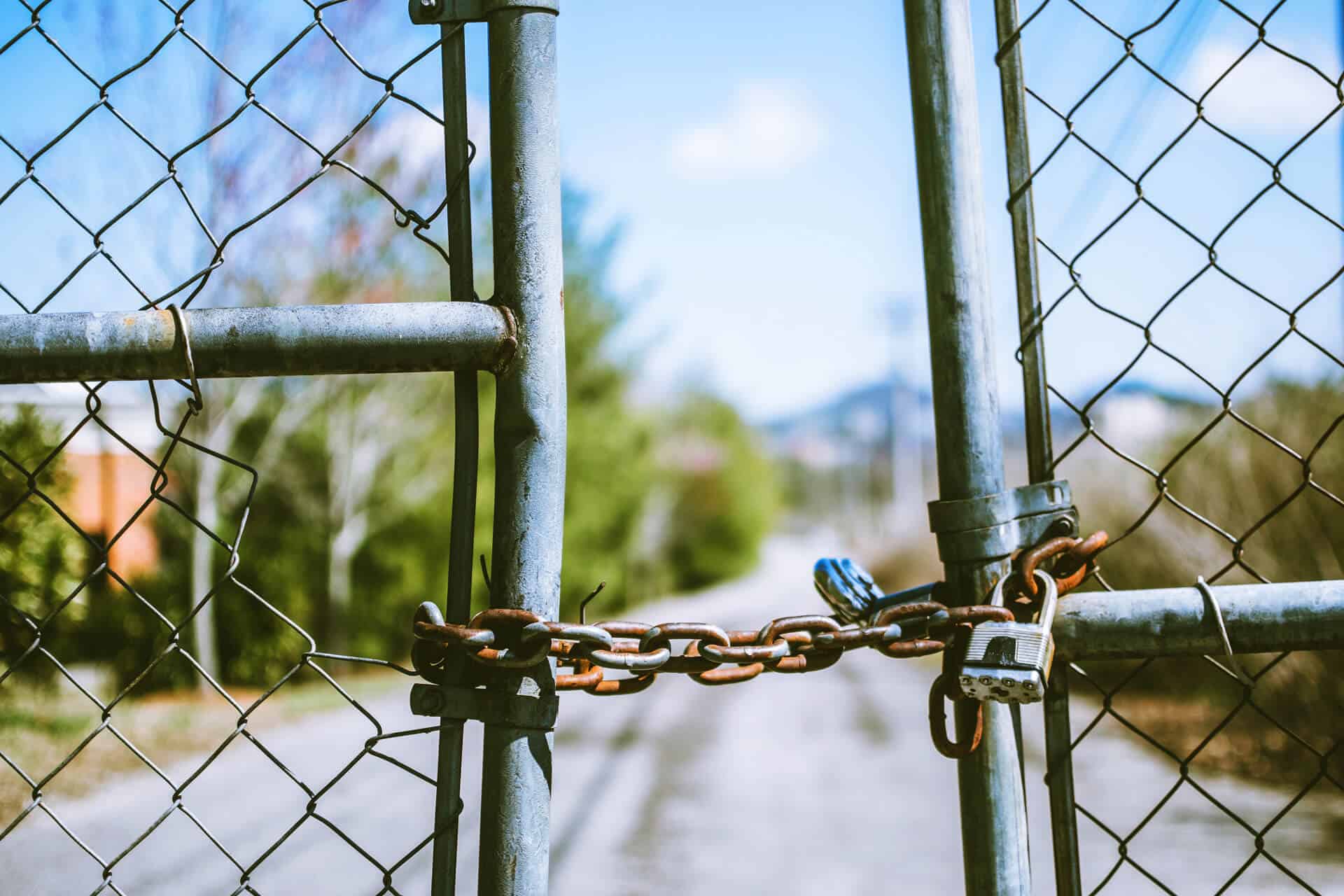No standstill period for prior collaboration based on the same formula
On December 29, 2023, ECLI:NL:RBDHA:2023:20931, the District Court of The Hague made a decision in summary proceedings in a dispute in which the standstill period prior to the franchise agreement (Article 7:914 of the Dutch Civil Code) was central.
The franchisee has argued that he cannot be held to the post-contractual non-compete clause in the franchise agreement, because he has annulled or dissolved the franchise agreement extrajudicially. The franchisee states that the standstill period was not observed. During a period of at least 4 weeks prior to the conclusion of the franchise agreement, the franchisor may no longer make any changes to the franchise agreement (unless these are to the advantage of the franchisee).
The franchisee acknowledges that he had already received the franchise agreement concluded in August 2022 in June 2022, but he states that all kinds of changes were made afterwards. The franchisor has categorically disputed this. In this case, it was up to the franchisee to further substantiate his position according to the preliminary relief judge. However, the franchisee failed to do so, so that the correctness of that statement cannot be assumed, according to the preliminary relief judge.
The preliminary relief judge also noted that the parties had been working together on the basis of the same formula for some time prior to the conclusion of the franchise agreement (from November 2021). The franchisee has not stated, let alone substantiated, that the final franchise agreement deviated on material points. The preliminary relief judge therefore assumes that, insofar as there have been changes, they were not far-reaching changes. In view of this, the preliminary relief judge does not consider it plausible that the franchisee was unable to make a well-considered decision. That is the purpose of this standstill period, which is intended to enable the intended franchisee to consider what is being offered to him.
In this ruling, the preliminary relief judge appears to apply the standstill period regulation liberally. However, Article 7:913(3)(a) of the Dutch Civil Code expressly states that the standstill period does not apply to “the conclusion of a subsequent franchise agreement between the same parties regarding the same franchise formula”. Apparently, in the preliminary relief judge’s opinion, there was such prior cooperation.
Ludwig & Van Dam lawyers, franchise legal advice.
Do you want to respond? Then email to dolphijn@ludwigvandam.nl

Other messages
Column Franchise+ – 50 percent more franchise lawsuits
The 2018 Legal Franchise Statistics published by Ludwig & Van Dam Advocaten shows that there has been a 50% increase in the number of judgments in court cases rendered in 2017 compared to
A closer look at the intention to introduce franchising legislation
On May 23rd, State Secretary Mona Keijzer informed the House of Representatives about the imminent franchise legislation. The National Franchise Guide previously published this article.
Consumer Protection Applies to Franchisee
The consumer enjoys broad protection on the basis of the Civil Code.
Update Franchise Law
On 23 May 2018, the government indicated that it would prepare a legal regulation that creates a framework for four sub-areas of cooperation between franchisors and franchisees that are crucial
On the edge of a franchisee’s exclusive territory
The Court of Appeal of Arnhem-Leeuwarden ruled on 15 May 2018, ECLI:NL:GHARL:2018:4395, on the question whether a franchisor has a branch just over the edge of the exclusively granted protection area.
Can a franchisee cohabit with a competing entrepreneur?
Can a franchisee violate a non-compete clause by cohabiting with someone who runs a competing business? On January 12, 2018, the District Court of Central Netherlands ruled






